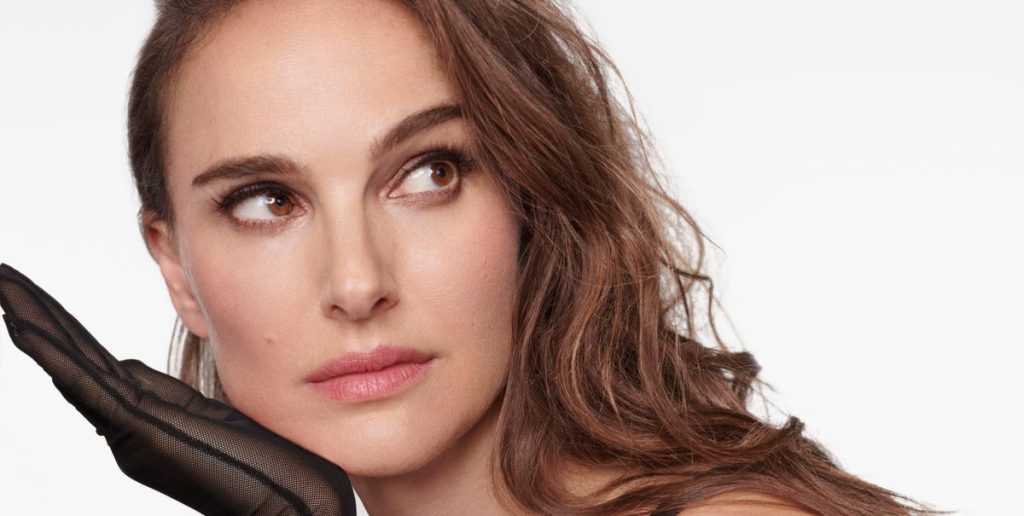In a candid conversation, Natalie Portman reflects on her journey through beauty transformations, the inevitable passage of time, and her association with the iconic Miss Dior fragrance. She brings a thoughtful approach to the concept of beauty, noting how it has changed not just in her own life, but also in the broader cultural landscape. Her experiences in Hollywood have shaped her understanding of beauty, leading her to embrace a more nuanced perspective that transcends superficial ideals.
Portman starts by sharing her thoughts on how beauty is often tied to expectations both from society and oneself. She recalls her early career in film, where she felt immense pressure to conform to certain standards. Over time, however, she learned to appreciate beauty’s complexity, shifting her focus from merely external appearances to valuing inner qualities like confidence, kindness, and authenticity. This evolution reflects a broader trend in society, moving away from rigid standards of beauty toward a more inclusive and diverse representation.
As she reminisces about her role as the face of Miss Dior, Portman acknowledges the fragrance’s evolution alongside her own personal journey. When she first became associated with Miss Dior, she found it captivating to represent a product that stood for elegance and femininity. Yet, she also recognizes the changes in how women express themselves and their identities today. The brand’s ability to adapt to new cultural movements and the growing acceptance of different beauty paradigms resonate deeply with her, affirming her belief in the importance of representation and self-expression.
Portman also addresses the topic of aging with grace, a subject that resonates with many people as they navigate their own experiences with growing older. She finds beauty in the wisdom and self-awareness that comes with age, suggesting that growing older should be celebrated rather than feared. This positive outlook encourages others to view aging as a natural part of life, one that brings depth and richness to personal expression. In her perspective, each year adds to the narrative of who we are, enriching the beauty we can share with the world.
Furthermore, Portman emphasizes the significance of self-acceptance in a beauty-driven industry. She speaks candidly about the pressure to maintain a certain image, particularly in the public eye. Yet, she champions the idea of embracing one’s natural self, imperfections included. By fostering an environment where individuality is celebrated, she believes we can transform the narrative around beauty from one of comparison and competition to one of empowerment and acceptance. This message resonates strongly, inviting people to redefine what beauty means for themselves rather than adhering to external pressures.
In conclusion, Natalie Portman’s reflections on beauty, aging, and her role with Miss Dior offer a refreshing perspective on a topic often fraught with societal expectations. She embodies a deep understanding that beauty is multifaceted and rooted in personal identity rather than rigid standards. As she continues to grow both personally and professionally, her insights encourage a more compassionate approach to how we value ourselves and others. Through her journey, Portman invites us all to embrace our own transformations, redefining beauty on our own terms.

